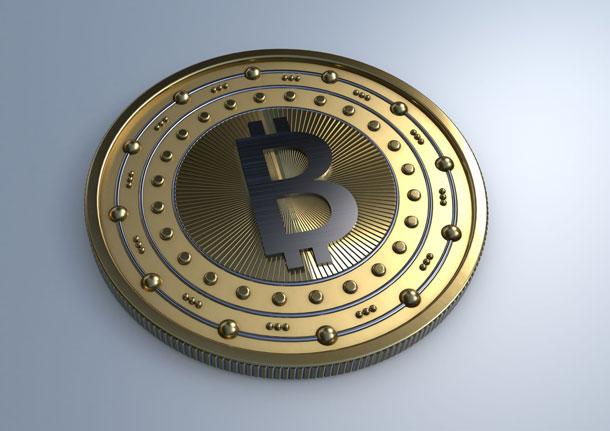Bitcoin, the virtual currency, has become a massive energy hog
Bitcoin is today’s world’s most commonly traded cryptocurrency.
Bitcoin has become the world’s premier virtual currency, and although it exists only online, it runs up enormous energy costs in the real world.
Verifying bitcoin transactions is so energy intensive the currency tops 159 individual countries in energy consumption, according to data consultant Alex de Vries.
Every transaction related to bitcoin is verified by a key group of users called miners, who collect all those records into groups known as blocks and compete to get their block added to the chain of record. Every 10 minutes or so, one block is randomly selected, winning that miner a prize of new bitcoins.
Data consultant Alex de Vries calculated bitcoin’s energy costs and, according to his Bitcoin Energy Consumption Index, submitting all those numbers demands a tremendous amount of computing power which translates into massive energy consumption. De Vries says the high carbon cost is partly intentional.
“The energy costs are part of the reason why bitcoin is so secure,” he explains, “because if [someone] wants to attack the system, they would need the machines and would have to spend a huge amount of money to pay for all the electricity to simply take control of the network. So, in essence, it's really part of what makes bitcoin secure.”
The creation of a single bitcoin requires about 50,000 kilowatt-hours. In the US, the average residential rate is about 10 to 12 cents per kilowatt-hour. In China, electric costs are a bit less expensive: about 4 to 5 cents per kilowatt-hour. In total, the whole bitcoin network pays almost $2 billion per year just to mine bitcoins. The electric bills end up at the miners, so users never see how much energy the system consumes, de Vries says.
Notably, most of the bitcoin miners are located in China, "which makes the energy consumption problem a whole lot worse because China doesn't have a very clean electricity grid,” de Vries adds. “From several miners, we know that they are located very near to coal-based power plants, so they are drawing a lot of coal-based electricity. That causes the carbon footprint of each bitcoin transaction to be gigantic, as well.”
Because of the way bitcoin is structured, there will never be more than 21 million bitcoins in circulation. Bitcoins are released slowly over time as a reward to those who are mining them. Bitcoin started with a block reward of 50 bitcoins, meaning that everyone who created a new block for the blockchain got 50 bitcoins, de Vries explains. “Currently, that reward is just 12-and-a-half bitcoins per block, so it has already halved two times and it will keep on halving every four years. In a few decades, all bitcoins will be mined and there will be no more block reward.”
This might lower overall energy costs, simply because as the reward goes down, so will the amount miners spend on electricity. But that's only part of the picture. Transaction fees also contribute to consumption. “The whole idea is that those transaction fees, which are also claimed by the miners, will end up supporting the bitcoin infrastructure,” de Vries explains.
Looking ahead to the future of cryptocurrencies, de Vries doesn’t see bitcoin and others replacing government issued currencies. “I do think there will always be a niche for bitcoin,” he says. “You always have countries that are facing hyperinflation, monetary systems that are collapsing. Places like that are actually pretty nice places to start a virtual currency.”
“Now, if we're talking about the US, do we distrust our financial institutions that much that we desperately want to get away from them and all dump our money in bitcoin?” he asks. “I have no problem with my bank. I trust my bank. I'm fine with them doing my financial transactions, so I don't really need bitcoin.”
This article is based on an interview that aired on PRI’s Living on Earth with Steve Curwood.
